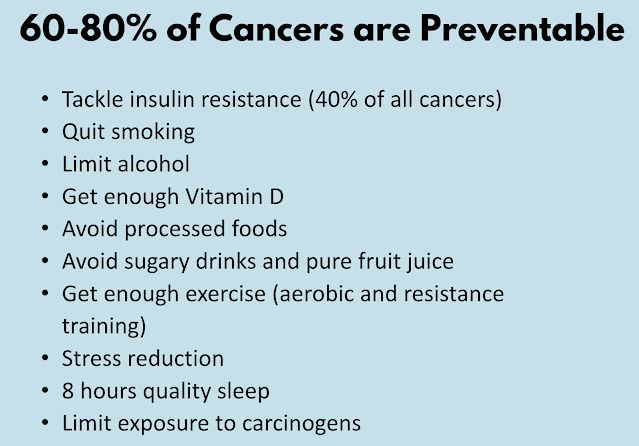Sacituzumab govitecan (SG) + pembrolizumab (pembro) vs chemotherapy (chemo) + pembro in previously untreated PD-L1–positive advanced triple-negative breast cancer (TNBC): Primary results from the randomized phase 3 ASCENT-04/KEYNOTE-D19 study
.jpeg)
Exciting results for a new first line option in PD-L1+ mTNBC (pretreated metastatic TNBC). Background: Although PD-1/PD-L1* inhibitors plus chemo have expanded treatment options for previously untreated PD-L1–positive advanced TNBC, there still remains a critical unmet need to improve outcomes. SG previously demonstrated significant clinical benefit in pretreated metastatic TNBC (mTNBC). We report results from the ASCENT-04/KEYNOTE-D19 study in patients with previously untreated, PD-L1–positive (CPS ≥ 10; 22C3 assay) locally advanced unresectable or mTNBC. Note: PD-L1 stands for programmed death ligand 1. It's a protein found on some normal cells and can be expressed on cancer cells. It acts as a brake on the immune system, preventing T cells from attacking other cells, including cancer cells. When PD-L1 binds to another protein called PD-1, it inhibits T cell activity. ( National Cancer Institute ) Methods: Patients were randomized 1:1 to SG (10 mg/kg IV, day 1 & 8) + pembro...

